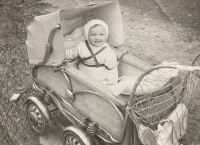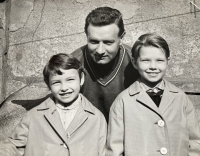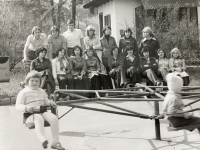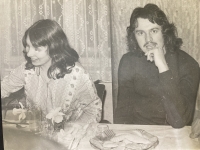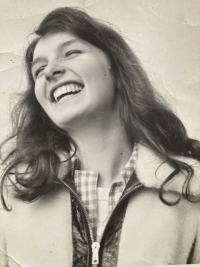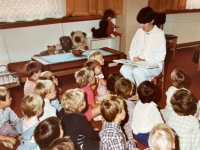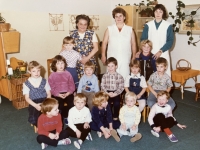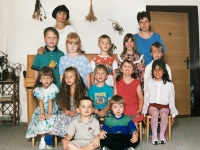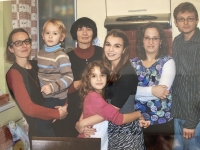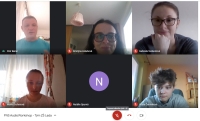You didn’t go to vote and nothing happened
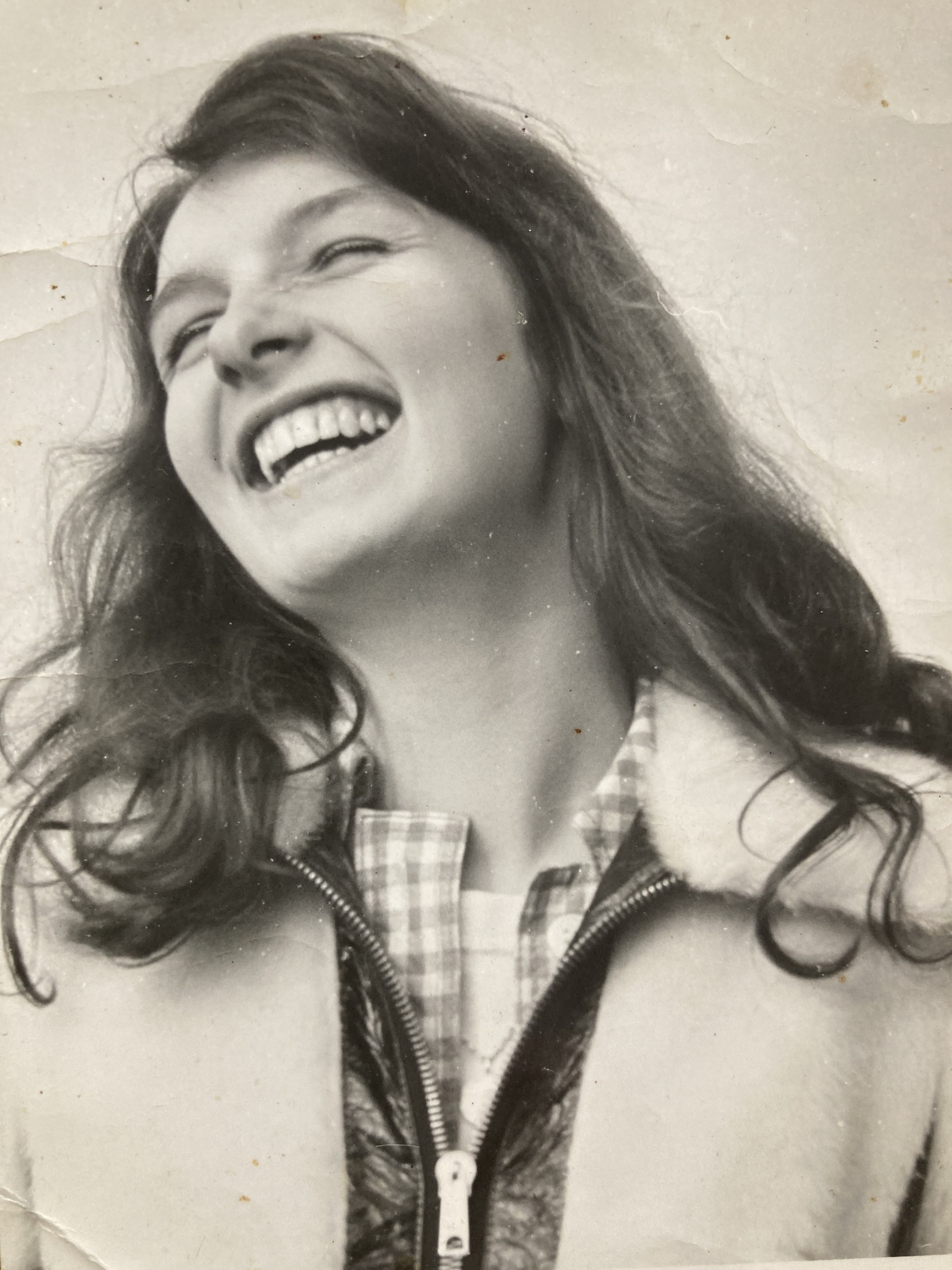
Download image
Zdeňka Coufalová, née Kopecká, was born on 18 May 1958 in Pelhřimov. Her father, a former tradesman, worked as a deputy manager in Jednota company, her mother as a shop assistant. Zdeňka graduated from the grammar school in Pelhřimov. While still a secondary school student, she married and gave birth to a daughter Dominika and later a son Ondřej. Her mother helped her with her upbringing and babysitting so that she could finish secondary school. After school, she joined a kindergarten as a teacher, although she dreamed of becoming a doctor. Her husband worked as an agronomist. Due to the difficult housing situation, the family moved to Česká Lípa, where her husband got a job at the company Pozemní stavby Liberec. Here Zdeňka Coufalová also started working in a kindergarten as a teacher and later as a deputy head teacher. However, her career was influenced by the fact that she never joined the Communist Party. Her family did not agree with the regime, she was in contact with dissidents, her husband practiced the faith, and they did not vote. In 1985, the witness was not admitted to study special education at university as politically unreliable. On the contrary, she was subjected to repeated “interrogations” at the education office. In 1988, she accepted an offer to work as a director of a kindergarten in Noviny pod Ralskem. In January 1989, the family went to Všetaty to visit the grave of Jan Palach, but the police did not let them into the cemetery. They welcomed the Velvet Revolution with joy. Zdeňka Coufalová continued to work as a headmistress in a kindergarten and in 2008 she started studying school management at a university. In 2021 she was living in Česká Lípa.
